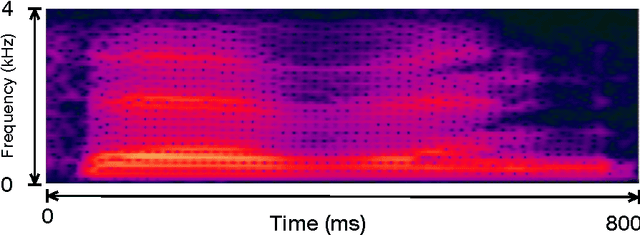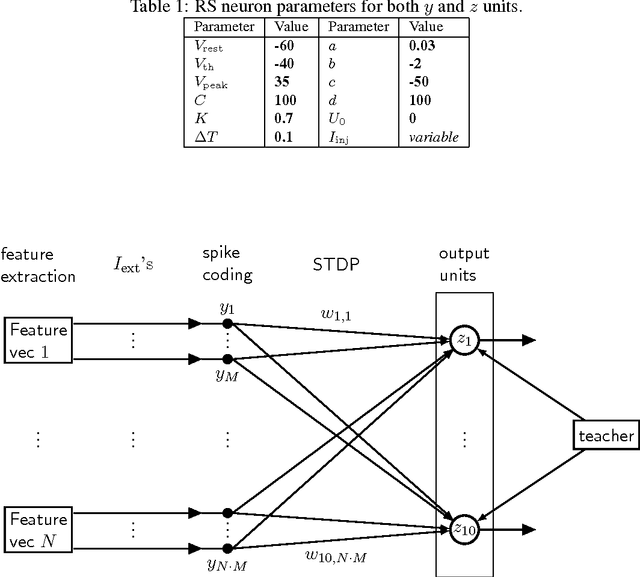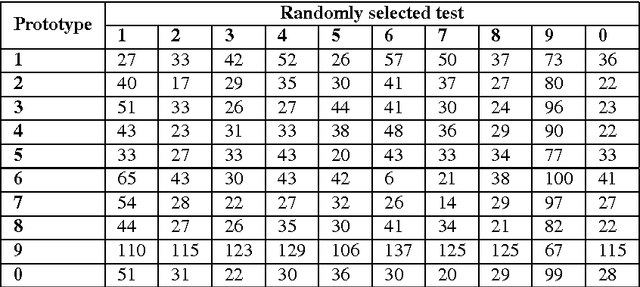A Spiking Network that Learns to Extract Spike Signatures from Speech Signals
Paper and Code
Mar 12, 2017



Spiking neural networks (SNNs) with adaptive synapses reflect core properties of biological neural networks. Speech recognition, as an application involving audio coding and dynamic learning, provides a good test problem to study SNN functionality. We present a simple, novel, and efficient nonrecurrent SNN that learns to convert a speech signal into a spike train signature. The signature is distinguishable from signatures for other speech signals representing different words, thereby enabling digit recognition and discrimination in devices that use only spiking neurons. The method uses a small, nonrecurrent SNN consisting of Izhikevich neurons equipped with spike timing dependent plasticity (STDP) and biologically realistic synapses. This approach introduces an efficient and fast network without error-feedback training, although it does require supervised training. The new simulation results produce discriminative spike train patterns for spoken digits in which highly correlated spike trains belong to the same category and low correlated patterns belong to different categories. The proposed SNN is evaluated using a spoken digit recognition task where a subset of the Aurora speech dataset is used. The experimental results show that the network performs well in terms of accuracy rate and complexity.
 Add to Chrome
Add to Chrome Add to Firefox
Add to Firefox Add to Edge
Add to Edge